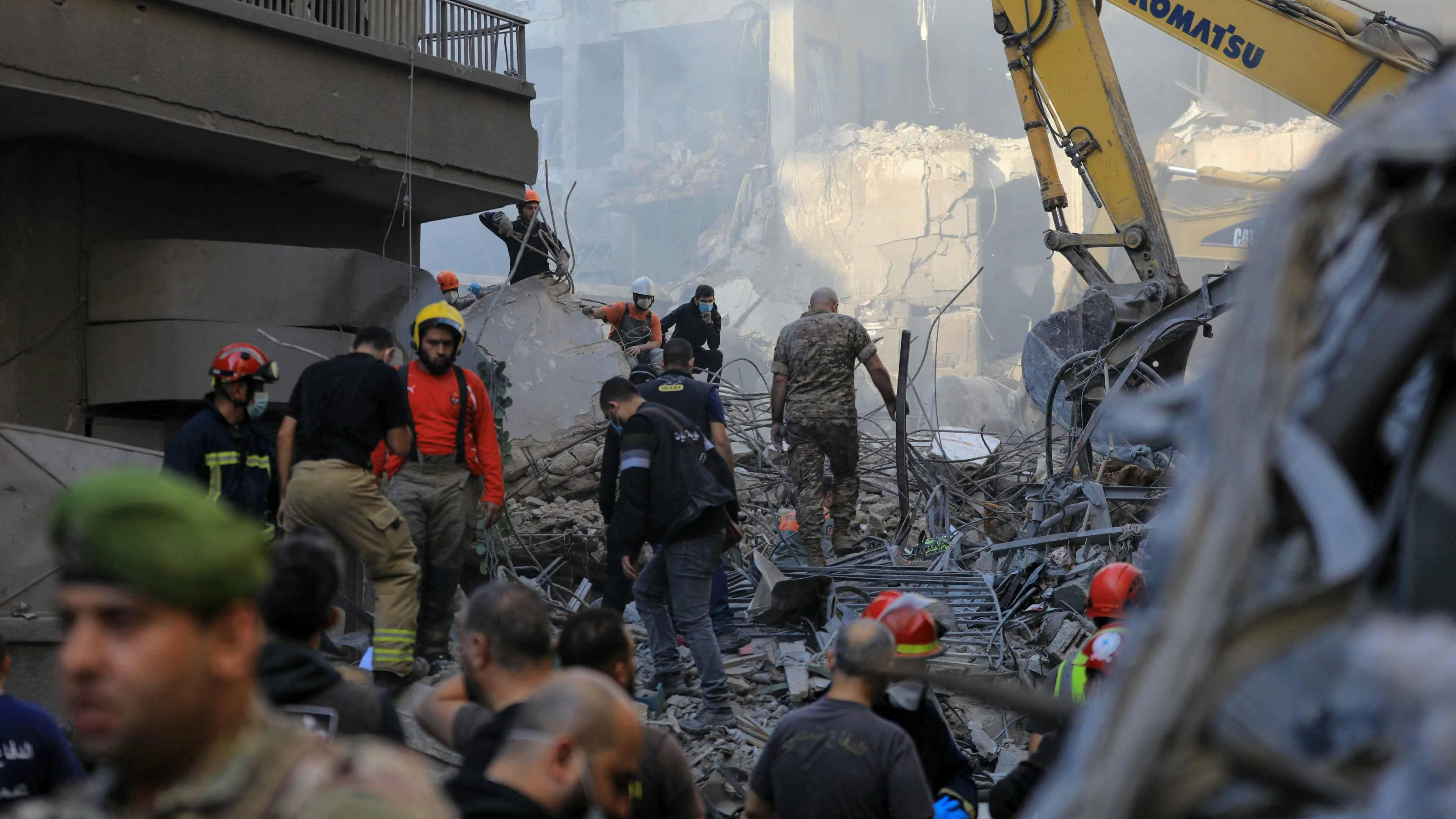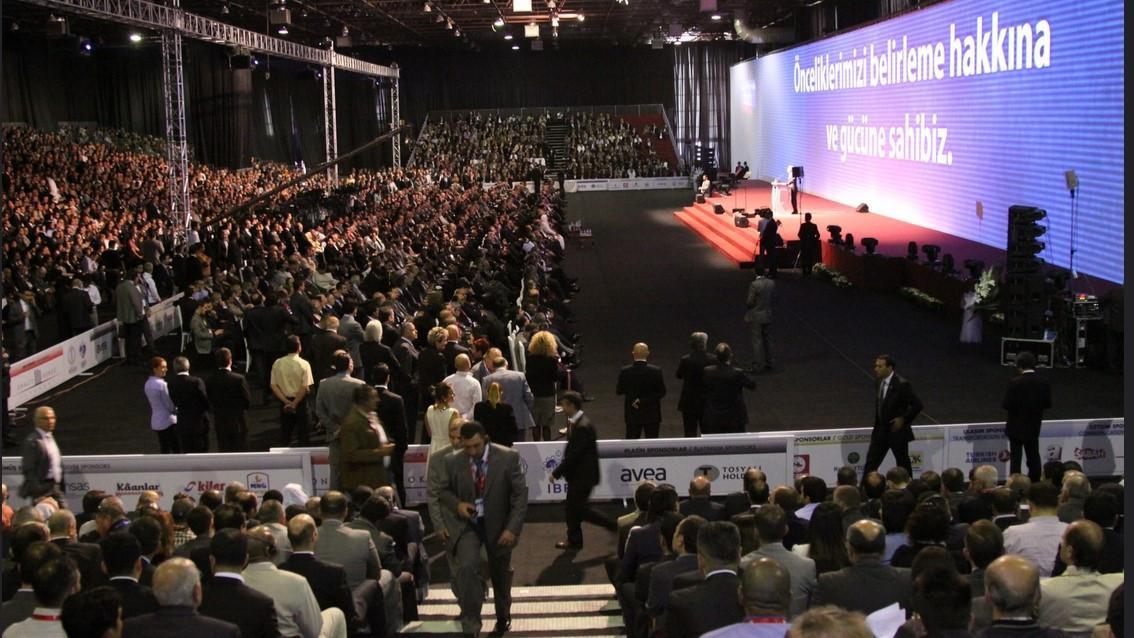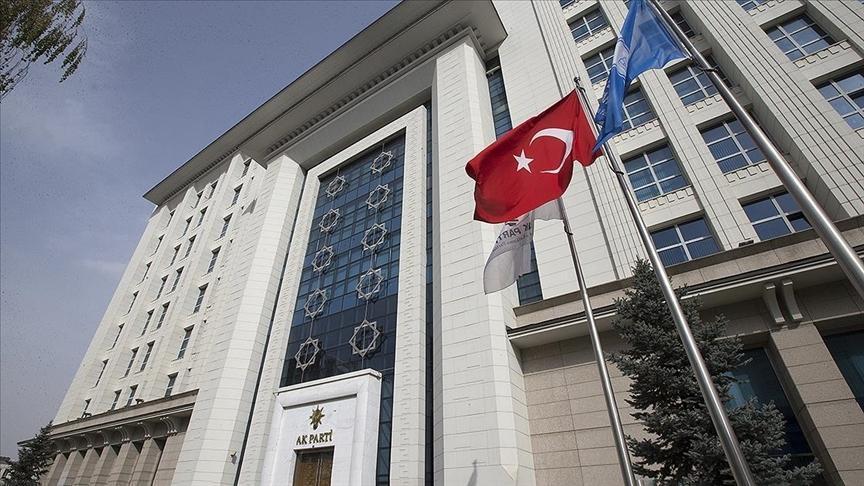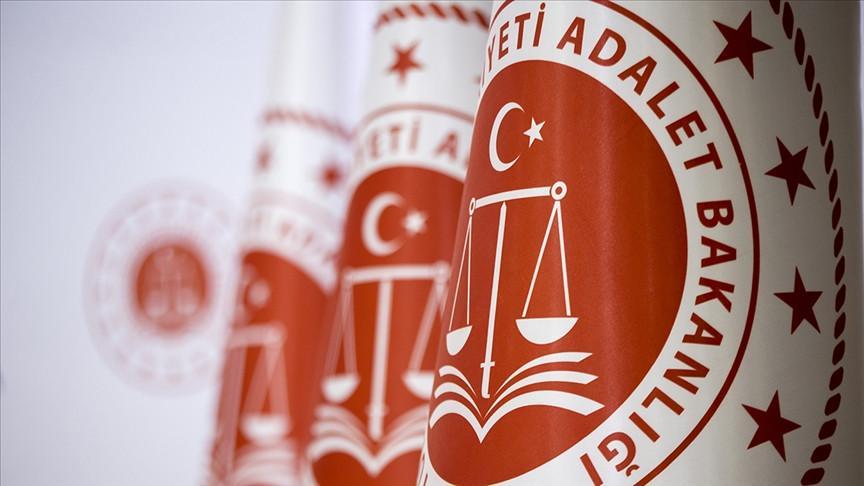Justice minister disapproves colleague's criticisms
Hurriyet Daily News with wires

refid:11474742 ilişkili resim dosyası
Speaking after the Justice 2009 meeting in the Aegean province of İzmir yesterday, Justice Minister Mehmet Ali Şahin said he did not find the criticism voiced by Culture Minister Ertuğrul Günay concerning the Ergenekon probe polite, adding that he was sure Günay himself would not approve if a Cabinet colleague of his criticized the policies of the Culture Ministry.
“As everyone is aware, the judiciary is independent and the members of judicial bodies behave in accordance with the Constitution, laws and their consciences,” he said, according to Anatolia news agency.
In remarks published over the weekend, Culture Minister Günay said: “Sometimes I worry about whether there are some struggles inside [the country] to pervert the course of the case,” he told reporters. Later he released a statement noting that the probe was key in terms of Turkish rule of law and democracy.
The Ergenekon case started after the discovery of 27 hand grenades in June 2007 in a shanty house in Istanbul's Ümraniye district that belonged to a retired noncommissioned officer. The grenades were found to be the same ones used in the attacks on Cumhuriyet daily’s Istanbul offices in 2006.
The findings led to scores of detentions, putting more than 200 journalists, writers, gang leaders and politicians under interrogation in what has turned into a terror investigation that seeks to crack down on an alleged ultra-nationalist gang named Ergenekon, which is thought to be seeking to topple the government by staging a coup after initially spreading chaos and mayhem. Ergenekon is originally a pre-Islamic Turkish saga that tells of Turks' re-emergence from defeat by trickery of their enemies under the guidance of a gray wolf.
Earlier bombings at daily Cumhuriyet, the murder of Hrant Dink, the murder of the top judge of the Council of State and alleged plans for the assassination of high-profile figures in Turkish politics are sometimes associated with the case.
Many detainees are retired officials who gathered in associations linked to the ultra-nationalist Kuvayi Milliye (National Forces) – a reference to irregular forces that led the Turkish independence war in the early 1920s.
Last week’s detentions of heads of nongovernmental organizations and the arrests of respected academics resulted in a wave of outrage, which spurred the culture minister to make the comments.
The justice minister said there could be mistakes committed in criminal investigations but the solution could only be found in the judiciary.
“That’s why when one remarks about the independent judiciary, one should be very careful. One should not make statements that will hurt the judiciary,” Şahin said.
When asked about former Prime Minister Mesut Yılmaz’s statement about political interference in the judiciary, Şahin said such remarks were unfortunate and that politicians did not decide who is put in jail or not.
“There are currently 385 prisons and 40,129 prisoners in the country. None of these prisoners were jailed by the decision of a politician. They were jailed solely by our judicial bodies,” he said.
















